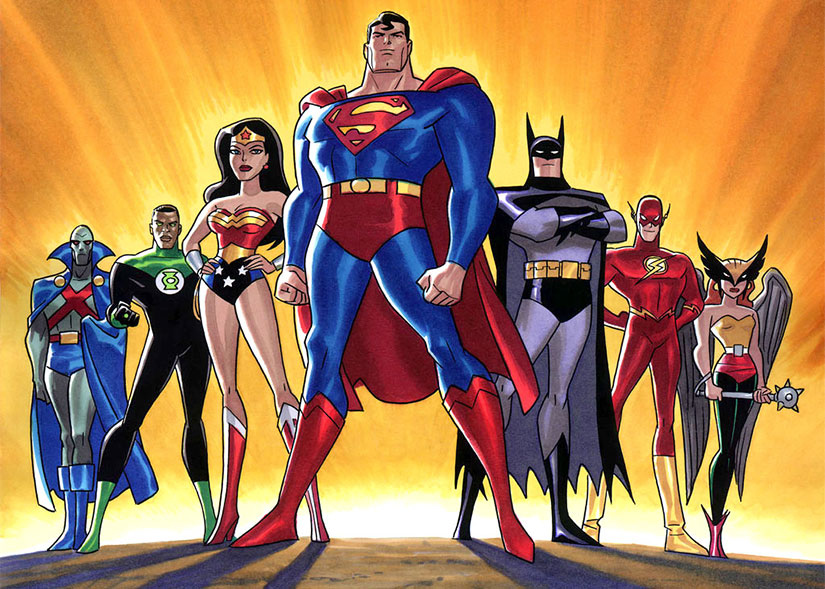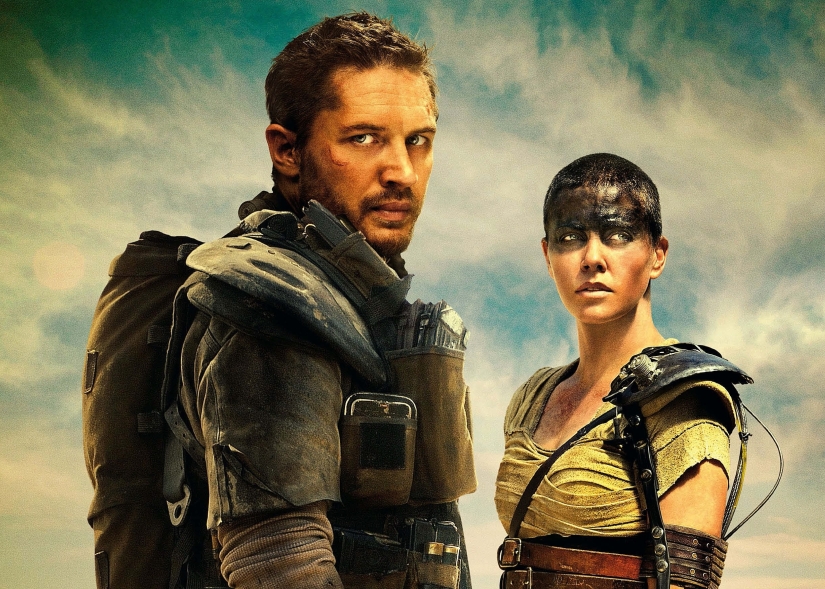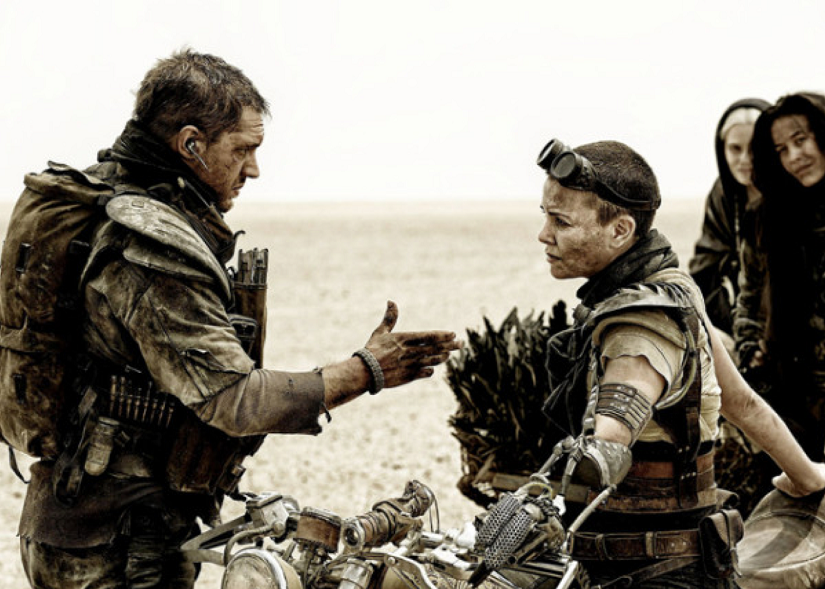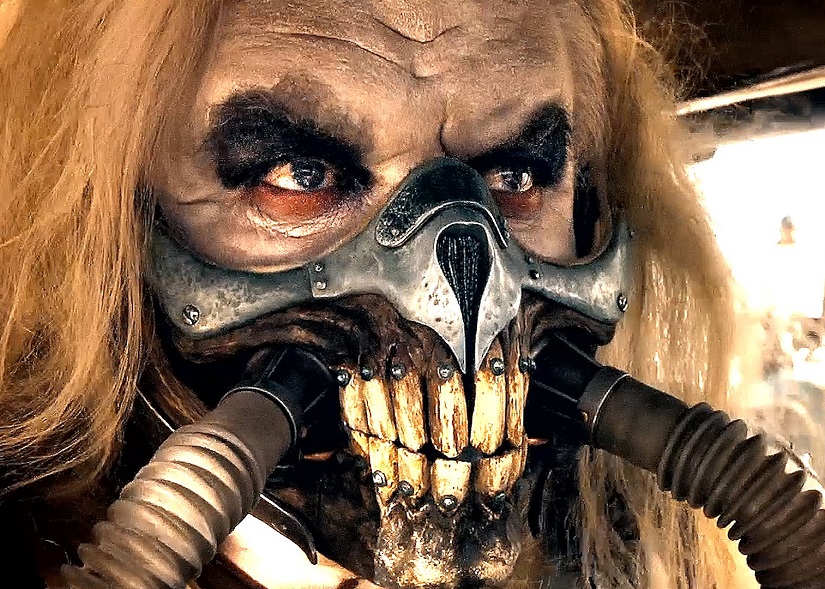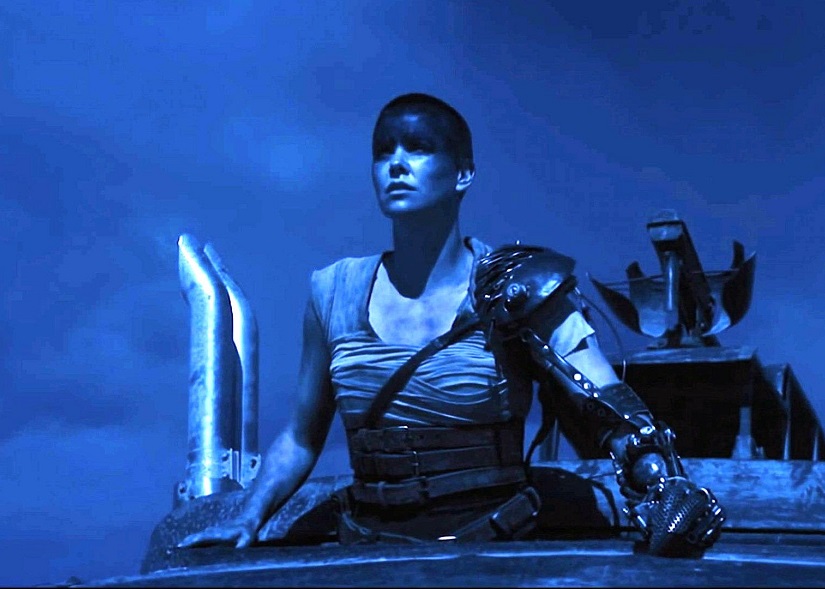Failed Justice League Film by Mad Max Director Getting Documentary Treatment
The superhero film genre has grown to be one of the largest tentpoles in cinema for close to a decade thanks to Marvel and DC constantly pushing the envelope and audience's expectations. In fact, it's so rare for a large production to face cancellation due to how much money is on the table. That's why Disney and Marvel ultimately chose to replace Edgar Wright as the director of Ant-Man instead of outright canceling the production despite Wright's long-term involvement with the film that predates the current Marvel Cinematic Universe. Yet, it happens, and for various reasons, too.
There's a certain level of intrigue that follows a film's cancellation that warrants a bit more digging, resulting in documentaries like Jodorowsky's Dune and the Tim Burton/Nicolas Cage Superman film, The Death of Superman Lives: What Happened? Back in 2009 during the height of Christopher Nolan's successful The Dark Knight Trilogy, Mad Max creator George Miller was attached to direct a Justice League film that would have starred Armie Hammer (The Social Network) as Batman, Adam Brody (The O.C.) as The Flash, and Common as Green Lantern, amongst others. Pre-production went as far as rehearsals before it was abruptly cancelled by Warner Bros. and DC.
With Miller finding revitalized success with Mad Max: Fury Road and DC taking another stab at a Justice League film, it only makes sense for an official (or officially unofficial) look at what went wrong. Enter director Ryan Unicomb. Much like the aforementioned documentaries, Unicomb is taking a look at what went wrong with Miller's take on the Justice League in a documentary entitled Miller's Justice League Mortal. With the hindsight of Mad Max: Fury Road's success, it would be interesting to see how Justice League Mortal's cancellation paved the way for Miller to return to the world of Mad Max and how the cancelled Justice League film compares to the information we have for the upcoming JL film.
There's currently no scheduled release date for Miller's Justice League Mortal.
[via Newsarama]
Mad Max: Fury Road - Fear of a Feminist Action Movie
Mad Max: Fury Road is many things. It's an action movie masterpiece with the look and feel of a European comic book (think Alejandro Jodorowsky and Moebius). It's a post-apocalyptic descendent of Buster Keaton's The General and the cartoons of Chuck Jones, with careful attention to spatial relationships, cause and effect, and the art of set-ups and punchlines. It's a reminder of the power that visual language can command over mere words. It's a celebration of practical effects, daring stuntwork, and visceral filmmaking that we haven't seen in blockbusters for many years.
Mad Max: Fury Road is also a feminist movie. Or at least it's been hailed a feminist film, and that's made a lot of people uncomfortable.
I'm not just talking about tantrum-prone Men's Rights Activists, who've called for a boycott of the film because it's really feminist propaganda masquerading as a masculine ass-kicker. As is the nature of our weekly thinkpiece-culture calendar, what was lauded (or decried) as "x" a few days ago is now criticized for not really being "x."
Earlier in the week, politically conservative commentators began to throw cold water on the feminist credentials of Mad Max: Fury Road. Just yesterday, Anita Sarkeesian of Feminist Frequency tweeted that she didn't think Mad Max: Fury Road was a feminist film at all.
The word "feminist" is loaded, its associations so varied, and its ideological identity so personal. The mere idea of a "feminist" action movie is the source of scrutiny and anxiety, and it opens up a larger conversation of what feminism is and isn't, and also what people think it can be and should be, and even what is and isn't off limits when it comes to gender, genre, and the application of feminist ideas.
It's like ideological Thunderdome, but way more crowded, not as brutal, and without the bungee cords.
(spoilers ahead)
[Review] Mad Max: Fury Road
Thirty years have passed since director George Miller's last visit to the dystopian future of his most famous creation, Mad Max. Since then, he's preoccupied himself with such family fare as two Happy Feet movies and a Babe sequel, having struggled to get this third Max sequel off the ground since 1998. Fury Road suggests the long wait left him with one hell of a madness build-up to get out of his system.
Loud, plotless and visually jaw-dropping, Fury Road is a heavy metal spiritual successor to the punk western stylings of its three predecessors. It's a comic book movie without a comic book, a cacophonous symphony which rejoices in the deceptive precision of its orchestrated hell-raising. At a time when many action directors attempt to hide the increasingly overfamiliar of their destructive set-pieces behind manic, incoherent shooting, Miller conducts his extended suites with a hand that grows ever more intricate as the turmoil intensifies, guiding his audience from note to note with absolute assurance and clarity.
[youtube id="woHTUsl66BY"]
Mad Max: Fury Road
Director: George Miller
Rating: R
Release Date: May 14th, 2015
Fury Road suits its title well: for all the anger and havoc unfolding on-screen, Miller ensures the audience always knows where they are going and where they have come from. It is not a movie which particularly embraces the idea of cause and effect, with its action beats tending to occur as short and punchy individual passages rather than piling on top of each other, but within those beats, the mechanics and geography of each scene are laid out and adhered to with the certainty required for each movement to flow effortlessly into the next, earning enough trust that any lapses are easy to fill through imagination and previously acquired information.
If I'm labouring the point, it's because Fury Road represents everything the Michael Bay-inspired modern action movie aspires to, but with all the finesse those movies so desperate need and lack. Bay himself, as the originator of his style, has a reasonable grasp of georgraphy but an inability to restrain his perpetually ejaculating camera long enough to bring the audience in on the bliss of the climax. Far worse are his imitators, who offer only empty bragaddocio before limp disappointment at the main event. Miller understands the importance of the tease and the ecstatic delight of carefully controlled rhythm. The dangers of frustrating repetition are high in a two-hour chase movie, yet Miller knows when to hold back and give his audience time to recharge and discover pleasures easily overlooked in the rush, before kicking the engine back into life and starting all over again.
It's in those secret pleasures where Fury Road is arguably at its most compelling. The vehicular carnage that makes up the bulk of the action offers giddy, head-banging highs unlike any movie in a long time, but the context provided by the subtly suggestive world building is what really makes it sing. Again like his action, Miller's dystopia is rabidly anarchic, yet built on immediately comprehensible power structures. There's no need for the movie to go into such depth on the intricacies of the quasi-religious mythology Immortan Joe (a fearsome Hugh Keays-Byrne) uses to control his war boys, yet with only a few lines of dialogue and off-hand visual suggestions, each detail makes the world more lived-in and tangible, deeping the credibility and stakes of the otherwise thin central plotline.
That's not to say there aren't missteps. Despite the movie's title, Theron's gloriously named Imperator Furiosa is its dramatic centre of gravity, reducing Max to little more than a passenger in his own movie. Furiosa is a commanding and exciting lead, helped by a mesmerisingly gladiatorial performance from Theron, but dominates the movie to such an extent that everything which doesn't involve her - Max's PTSD, for instance - feels aimless, even with her story ultimately little more than a journey from point A to B. As a character, she's complex, moral and focused, with a stated goal and means of achieving it, where Max is a mumbling wanderer who happens to land by her side to lend a hand. It's obvious whose story Miller is more interested in telling - a mooted sequel, unsurprisingly, has been named Mad Max: Furiosa - but there's some dissonance between the audience largely experiencing Furiosa's story from the point-of-view of Max, a character of such secondary presence as to sometimes feel mandated to fit the movie part into an established series.
Max is salvaged by another rich performance from Hardy, who bears no physical resemblance to Mel Gibson and whose character is tangentially connected at best. The ravages of his internal torment at the family he was unable to save play out not only in the slightly ham-fisted visions which afflict him at every turn, but the contrast Hardy puts between the softness of his mumbled, barely audible voice and the twitchy tinderbox of his violent instincts. Hardy's training as Bane in using his face to convey depths of conviction and emotional vulnerability is put to potent use here: note the scene in which he witnesses, for the first time, the five girls Furiosa is smuggling away from their lives of sexual servitude at Immortan Joe's grotesque hands. The sight of their beauty amid the hellish, arid landscape of his life leaves Max confused, aroused and angered, a complex and historied conflict which Hardy plays out in a few seconds on his furrowed, awe-struck face.
Nicholas Hoult also brings considerable soul to warboy Nux, who finds himself broken off from the clan which gave his life purpose and having to navigate a more complex world than he ever imagined. Like Max, he exists in the shadow of Theron's imperious Furiosa and despite Hoult's best efforts, and a sweet if underdeveloped affection with one of the girls, the character doesn't add much to proceedings beyond comic relief and being an agent for Miller's world-building. That's not a bad thing when so much of the movie's depth comes from its world, but the barebones framework of the plot running through it leads to a handful of problems once Furiosa's story has been told, with nowhere to go but back on itself to facilitate an unconvincingly pat narrative conclusion. But then again, as the old cliché goes, what matters is the journey rather than the destination, and Fury Road provides one hell of a ride getting there.

